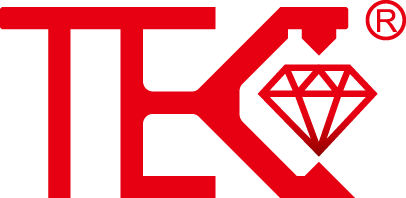High-AccuracyLiquidLevelMonitoringwithMagnetostrictiveTechnology
In industrial processes where precision matters most, magnetostrictive technology has emerged as the gold standard for liquid level monitoring. This advanced measurement method delivers exceptional accuracy that mechanical and ultrasonic alternatives simply cannot match.
How Magnetostrictive Level Sensors Achieve Unparalleled Precision
The core principle behind magnetostrictive level measurement involves the interaction between magnetic fields and ferromagnetic materials. A waveguide wire made of magnetostrictive material runs the entire length of the sensor, while a float containing permanent magnets moves freely along this wire. When a current pulse passes through the waveguide, it creates a torsional stress wave at the precise location where the float's magnetic field intersects the wire. The time difference between the current pulse initiation and the returning stress wave detection provides an exact measurement of liquid level with typical accuracies reaching ±0.05% of full scale.
Superior Performance Through Non-Contact Measurement Technology
Unlike traditional mechanical floats that suffer from wear and calibration drift, magnetostrictive sensors employ a completely non-contact measurement methodology. The float never touches the waveguide, eliminating mechanical friction and the associated maintenance concerns. This non-contact approach ensures long-term stability and repeatability, making these sensors ideal for applications requiring consistent performance over extended operational periods without frequent recalibration.
Continuous Real-Time Monitoring Capabilities
Modern magnetostrictive level transmitters provide continuous, real-time liquid level data rather than simple point-level detection. This continuous monitoring capability allows process engineers to track minute level changes, detect trends, and implement precise control strategies. The technology's rapid response time, typically in the millisecond range, enables immediate reaction to process variations that could impact product quality or operational safety.
Robust Construction for Demanding Industrial Environments
Manufacturers design magnetostrictive level sensors to withstand the harshest industrial conditions. With options including stainless steel housings, high-pressure ratings, and explosion-proof certifications, these sensors perform reliably in chemical processing, oil and gas applications, and pharmaceutical manufacturing. The technology remains unaffected by changes in media density, temperature fluctuations, or pressure variations that often compromise other measurement methodologies.
Integration with Modern Control Systems and IoT Platforms
Today's magnetostrictive level sensors feature advanced communication protocols including 4-20mA analog outputs, HART, Profibus, and Foundation Fieldbus. This connectivity flexibility enables seamless integration with existing control systems while providing the digital foundation for Industry 4.0 applications. The sensors' digital intelligence allows for remote configuration, diagnostics, and predictive maintenance capabilities that reduce downtime and optimize operational efficiency.
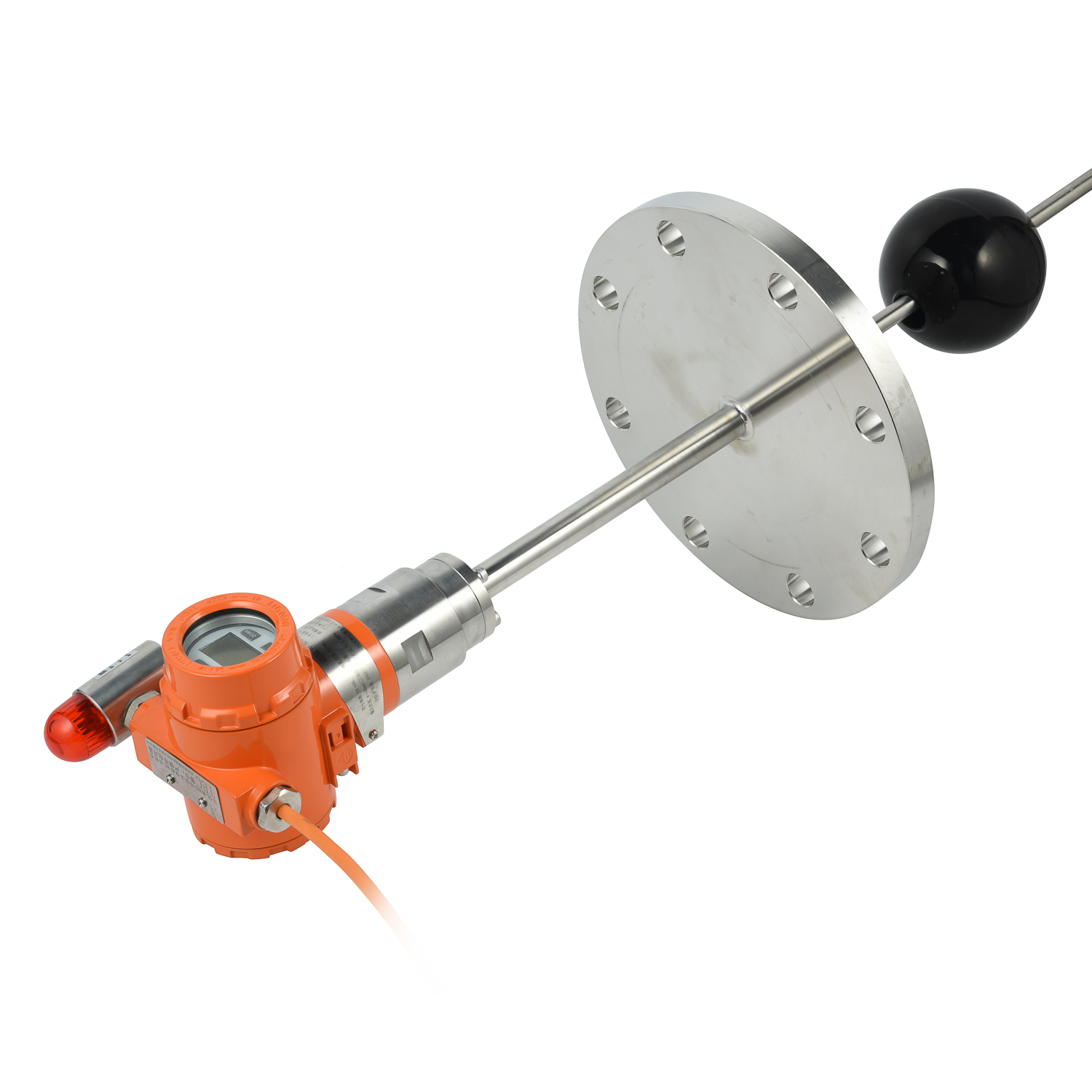
Applications Across Critical Industries
From chemical storage tanks to pharmaceutical bioreactors, magnetostrictive level sensors deliver reliable performance where measurement accuracy directly impacts product quality and process safety. The technology has proven particularly valuable in applications involving interface detection between immiscible liquids, inventory management of valuable chemicals, and precise batching operations where volumetric accuracy determines final product consistency.
Future Developments in Magnetostrictive Sensing Technology
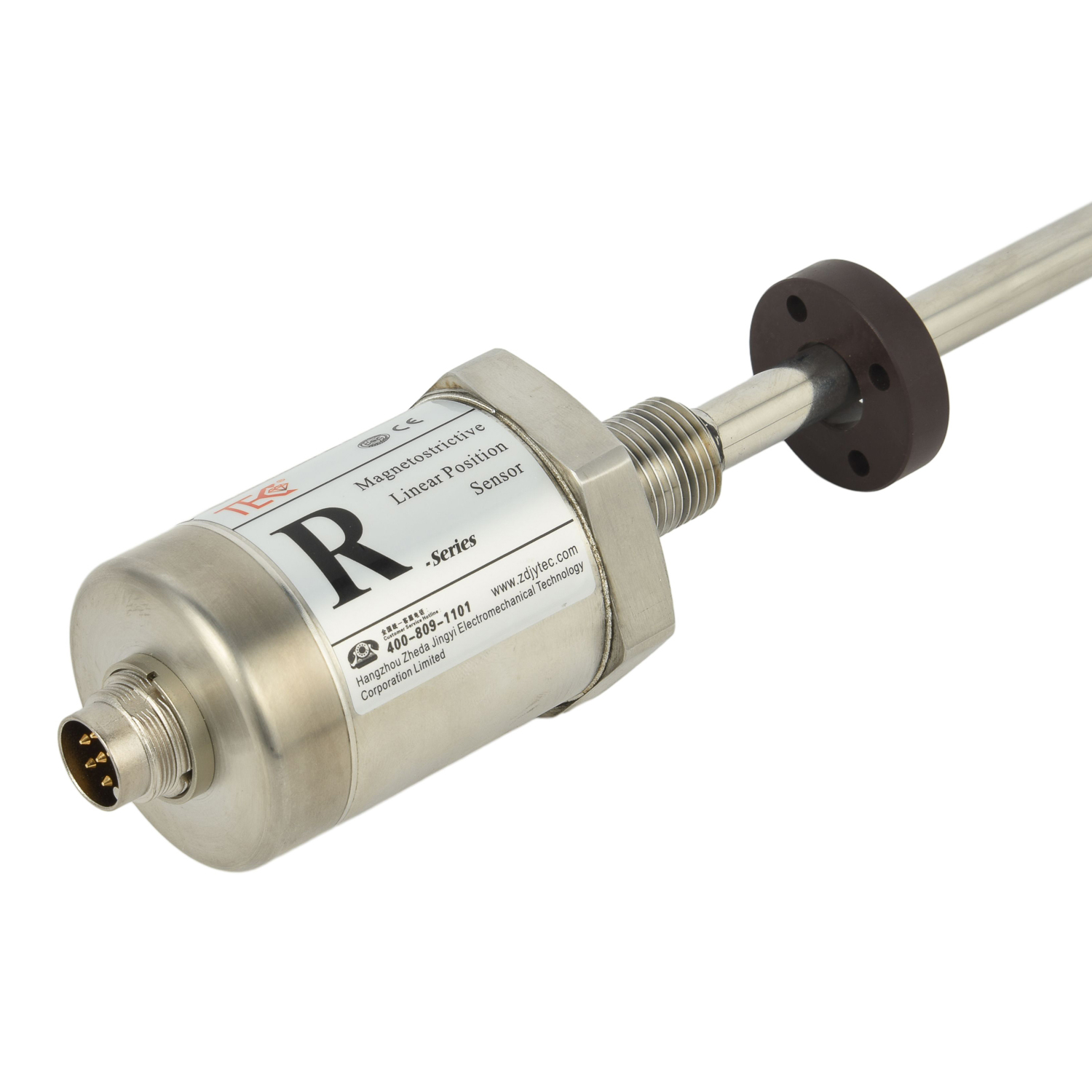
Ongoing research focuses on enhancing magnetostrictive sensors' capabilities through miniaturization, increased temperature tolerance, and improved signal processing algorithms. The integration of artificial intelligence for predictive analytics and self-calibration represents the next frontier in making these already precise instruments even more intelligent and maintenance-free for tomorrow's smart factories.
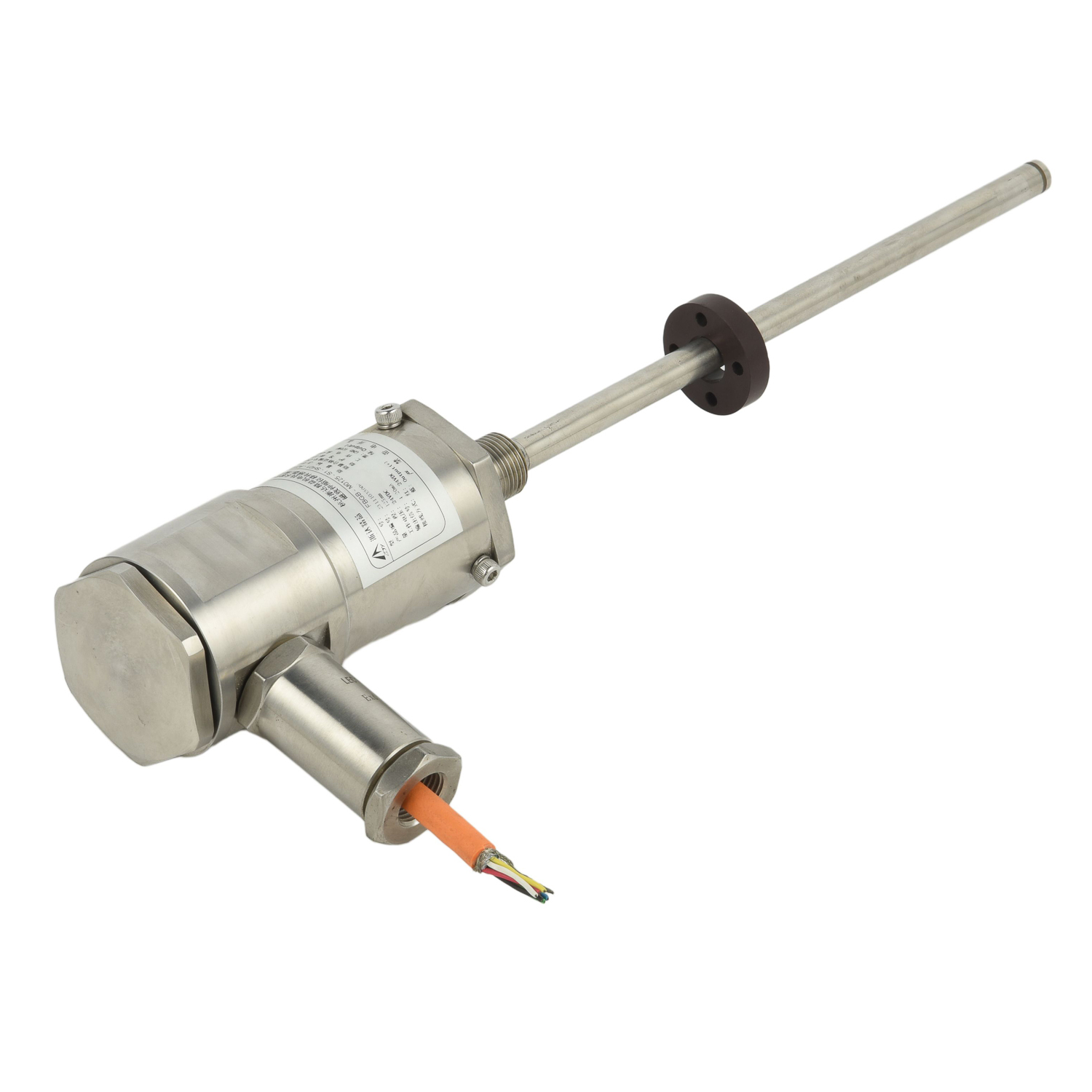 UpgradingYourLevelMeasurementS
UpgradingYourLevelMeasurementS
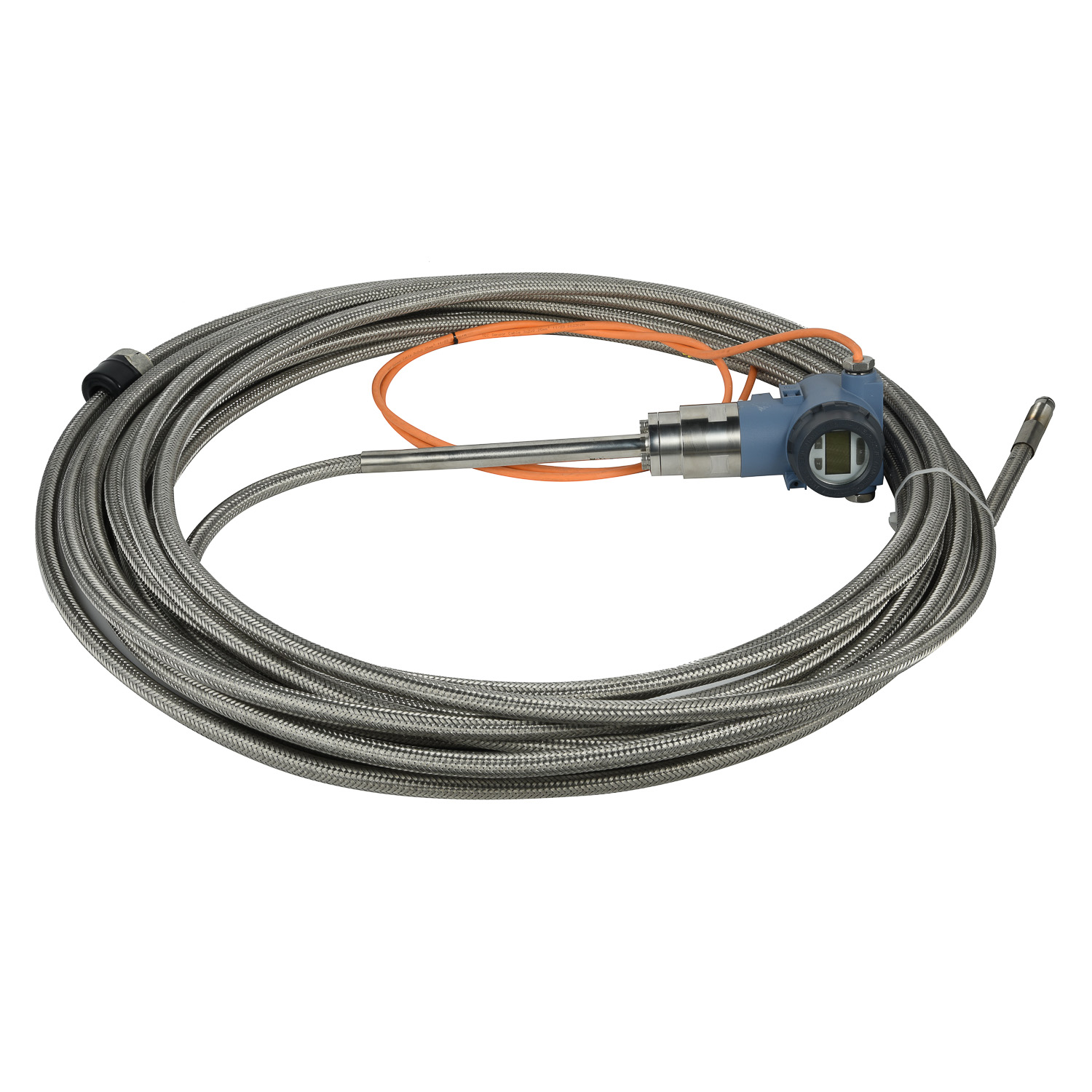 Why are magnetostrictive level
Why are magnetostrictive level
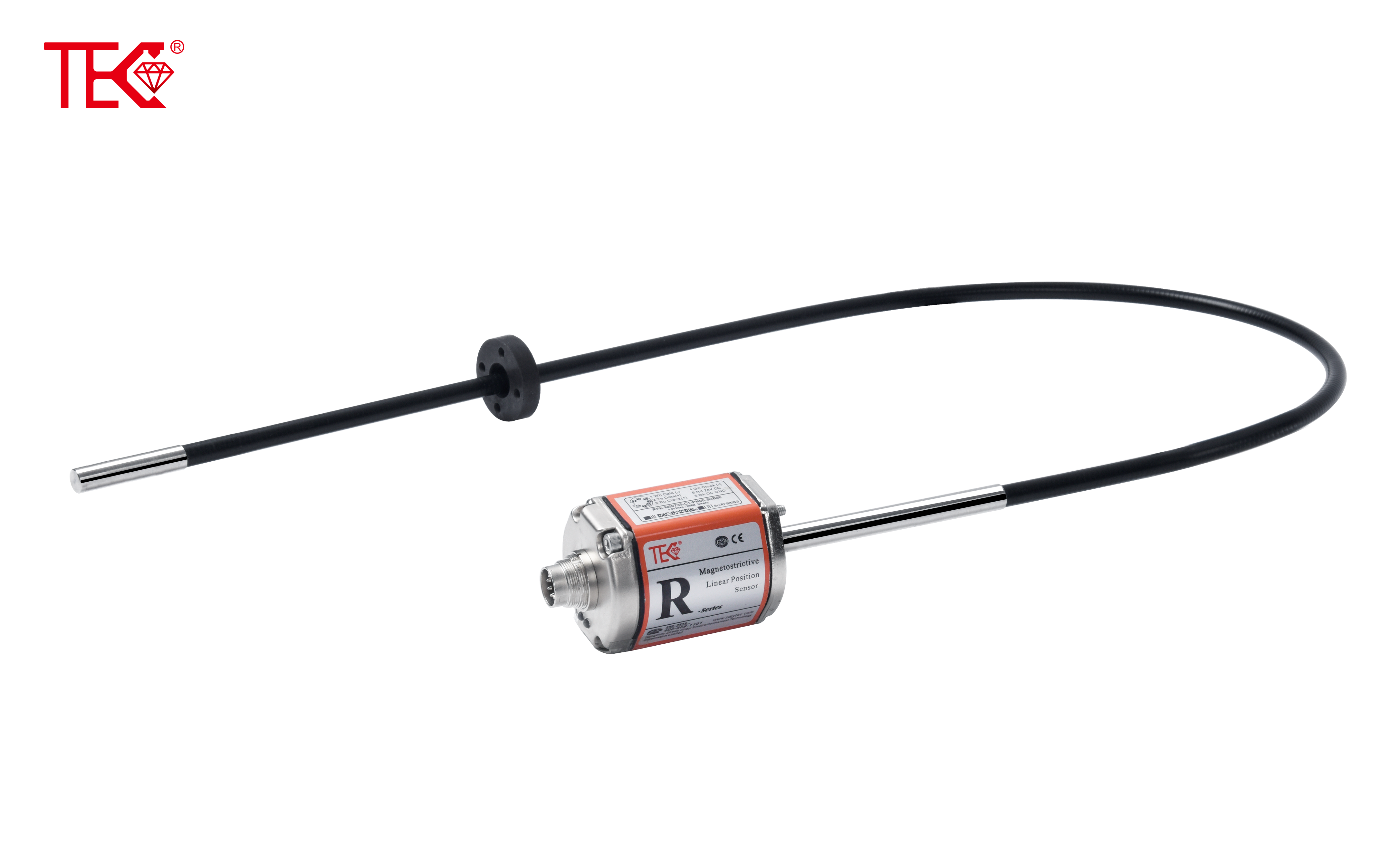 ComparingMagnetostrictiveandRa
ComparingMagnetostrictiveandRa
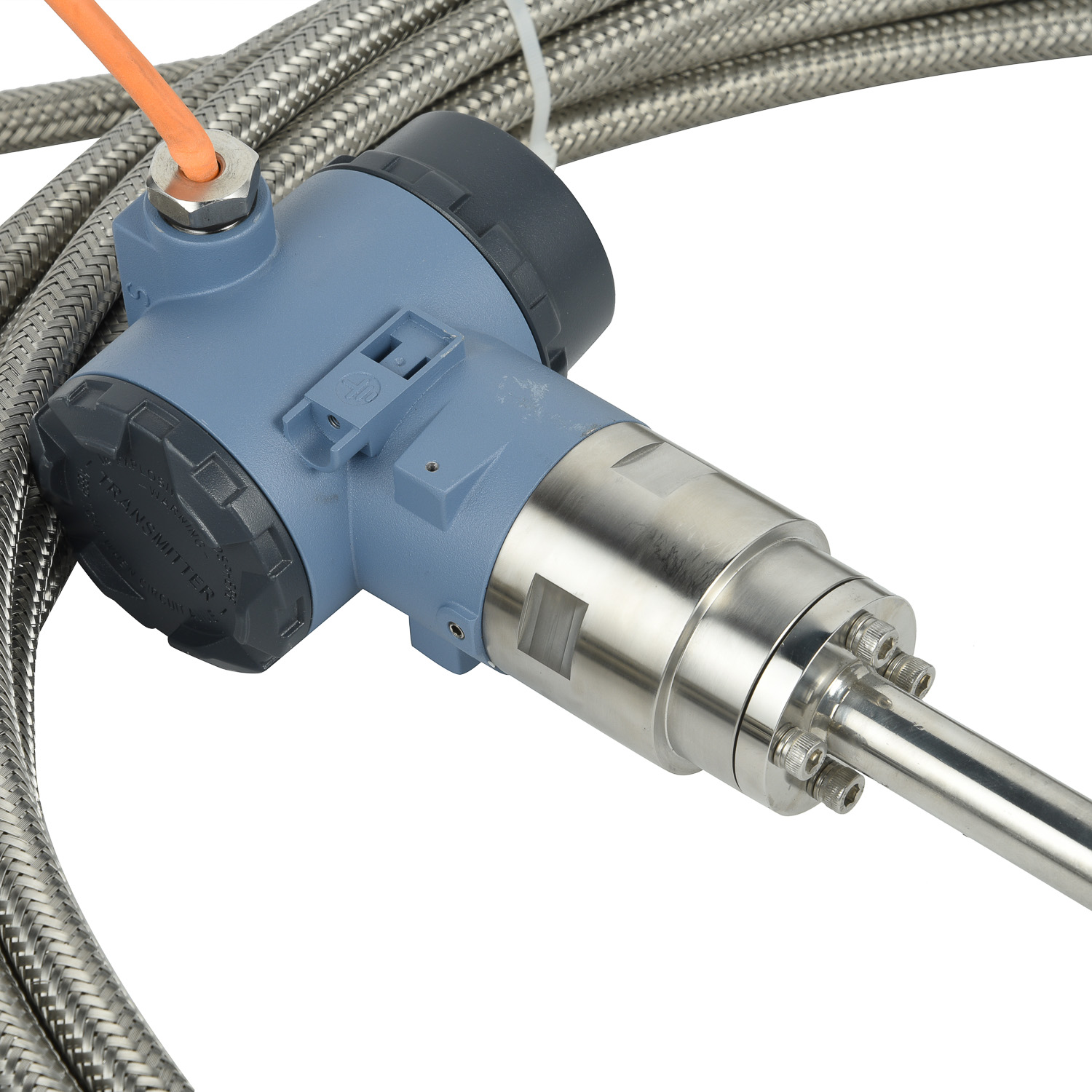 MagnetostrictiveLevelSensorfor
MagnetostrictiveLevelSensorfor
